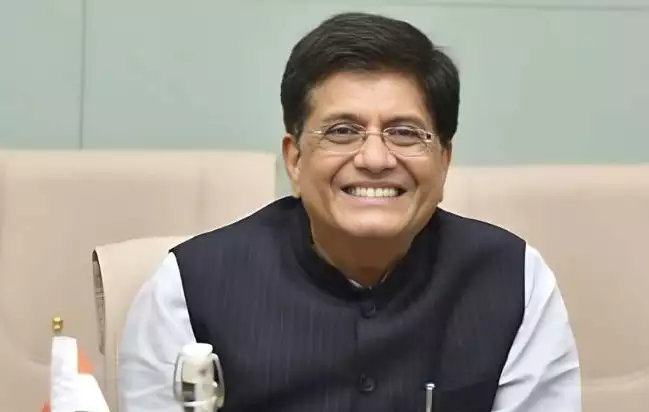
Auto component sector, which at one point did not even have a significant presence in the country, has now taken a lead in the world. "Today, India is capturing markets in developed countries across the world (in this sector). This ability to think big will define India’s sustainable future in terms of being recognised as a brand," the Minister said.
This is one sector which comes up in my FTA negotiations to say they do not have any problem opening Indian markets to anybody in the world. They have the confidence to not be worried about any competition as they have the ability to beat them because of their quality and cost competitiveness, he added.
Goyal called for industry leaders across the sectors to partner with the government in extending the quality ecosystem to MSMEs and smaller providers. He also stressed on the importance of changing the mindset regarding quality, both for consumers and manufacturers.
However, he emphasised that export competitiveness will come from high-quality products rather than subsidies or protectionism from the government.
The Minister stated that India has seen a 6X growth in quality control orders in the past 10 years. Until 2014, there were only 14 quality control orders covering 106 products. Now, there are 174 quality control orders covering 732 products.
Sharing an anecdote from the toy industry, the Minister said it was a tough task to get the industry to accept making products as per high quality standards. There was a lot of opposition faced initially while introducing quality control orders. But despite initial resistance, it led to increased domestic manufacturing and exports.
“Originally the thinking was that just setting BIS standards will be good enough. But despite having these standards, making people work on those was not successful,” he said.
Going forward, he called for industry participation in technical standards committees to keep standards up-to-date and aligned with global benchmarks.
Disclaimer: The copyright of this article belongs to the original author. Reposting this article is solely for the purpose of information dissemination and does not constitute any investment advice. If there is any infringement, please contact us immediately. We will make corrections or deletions as necessary. Thank you.





